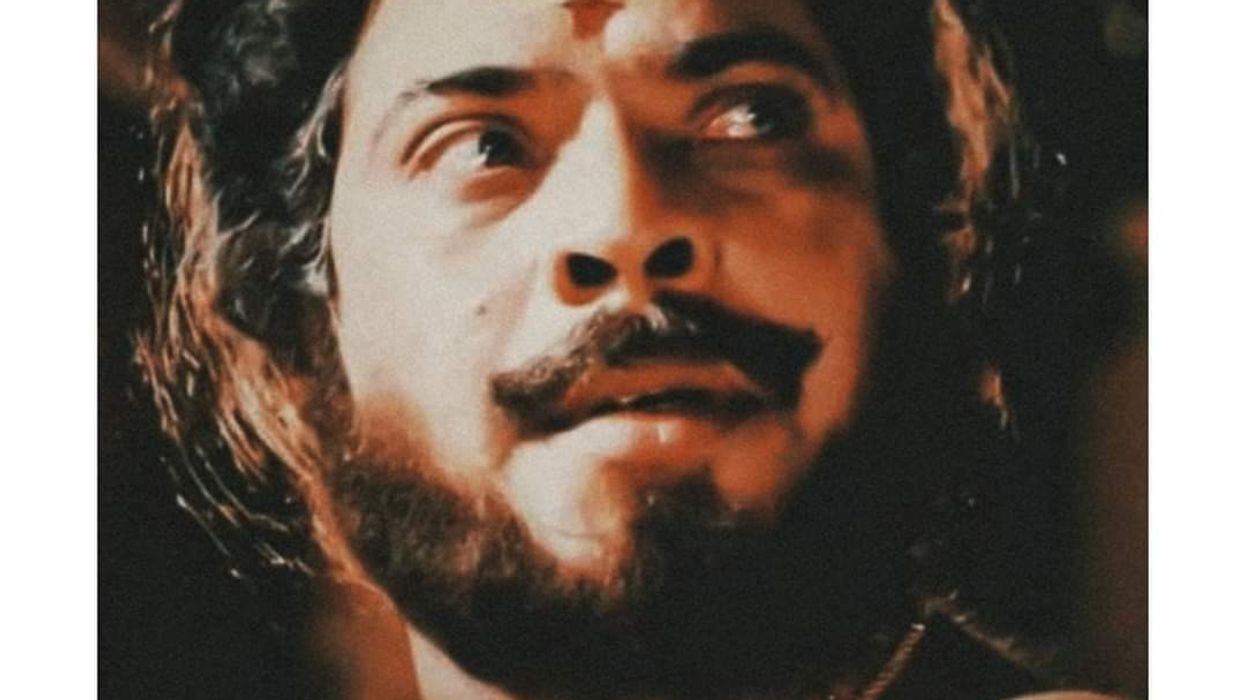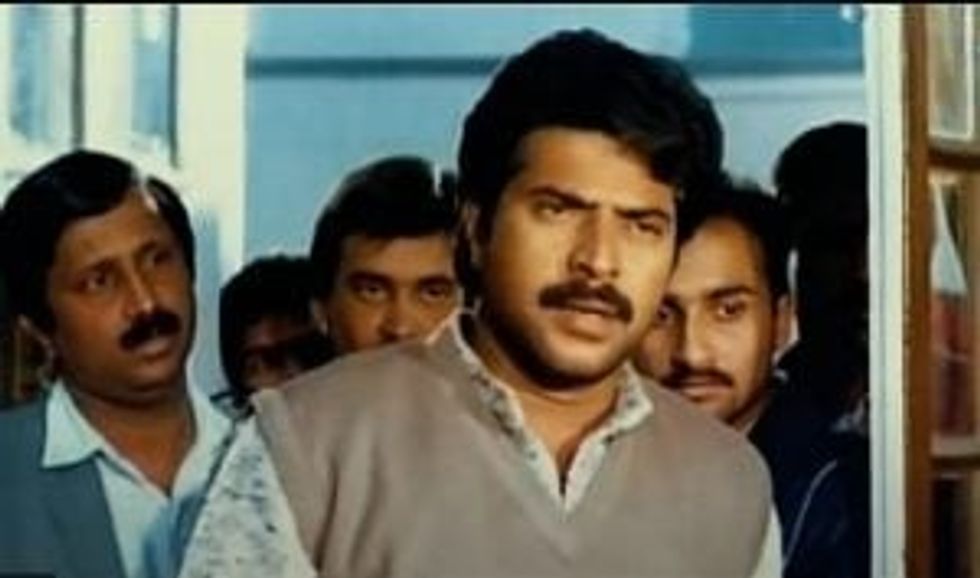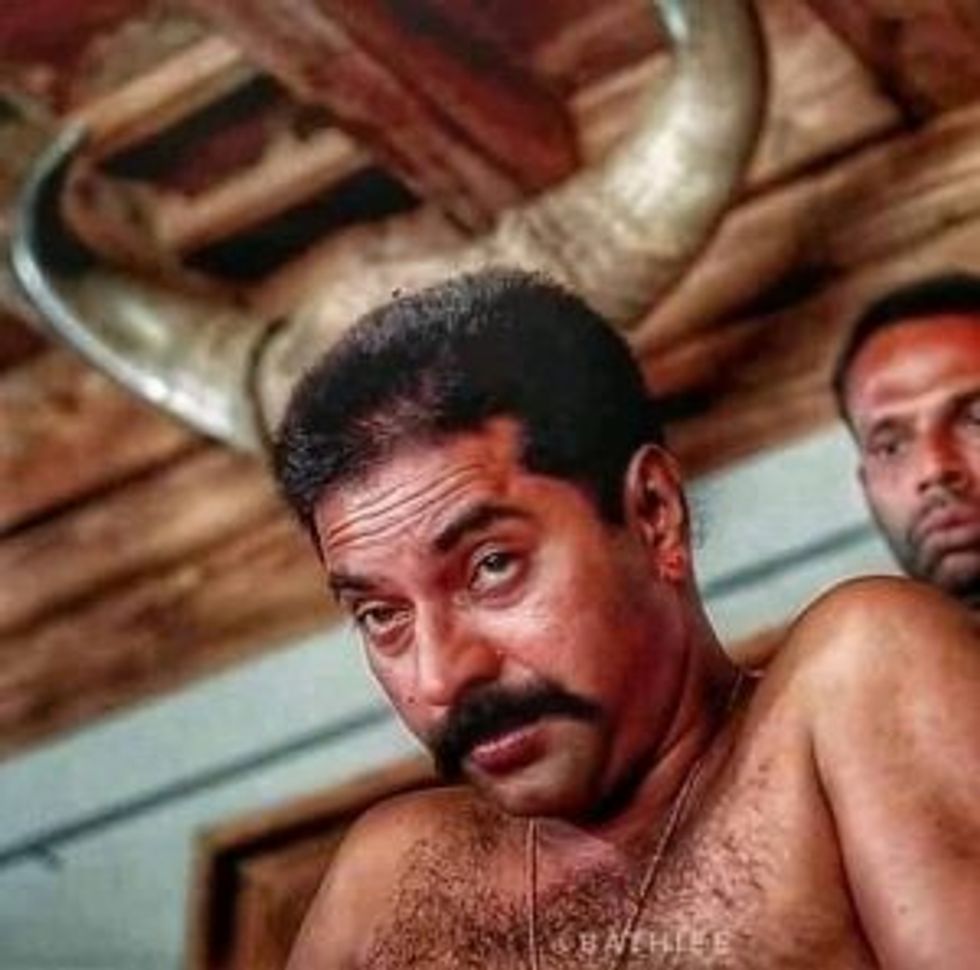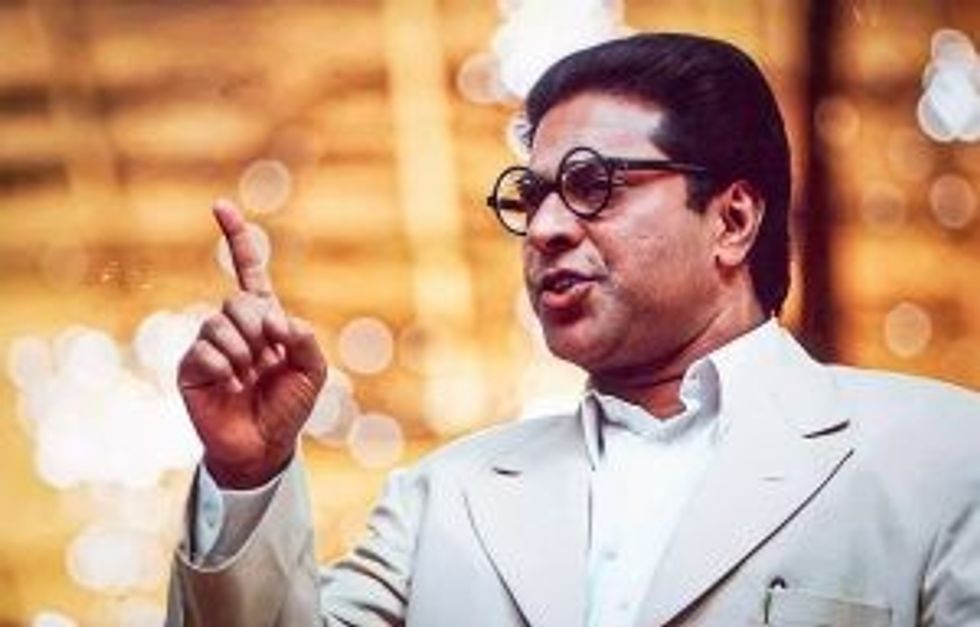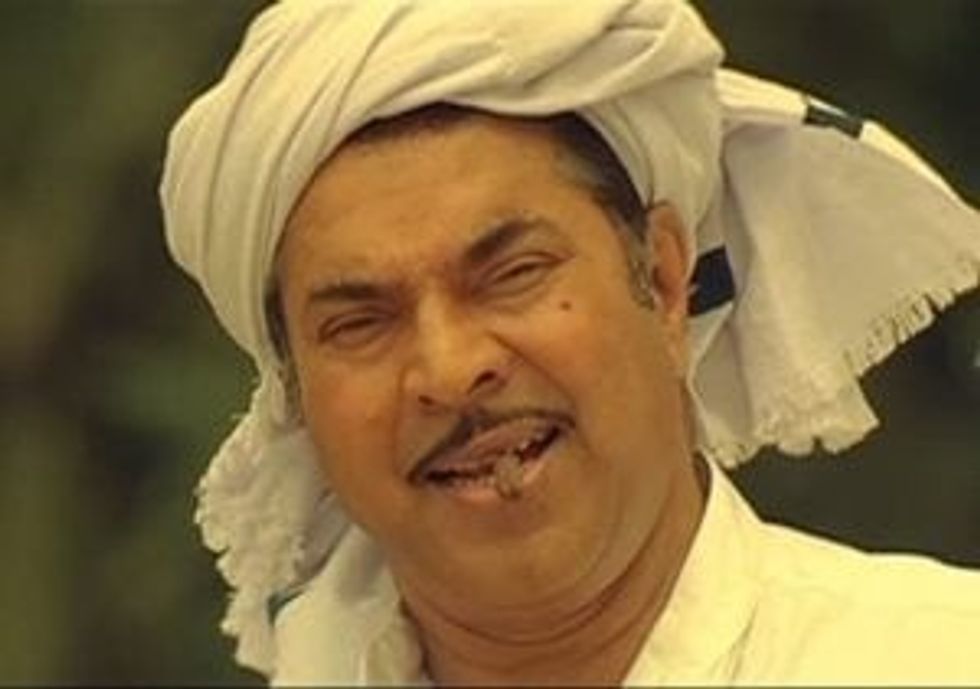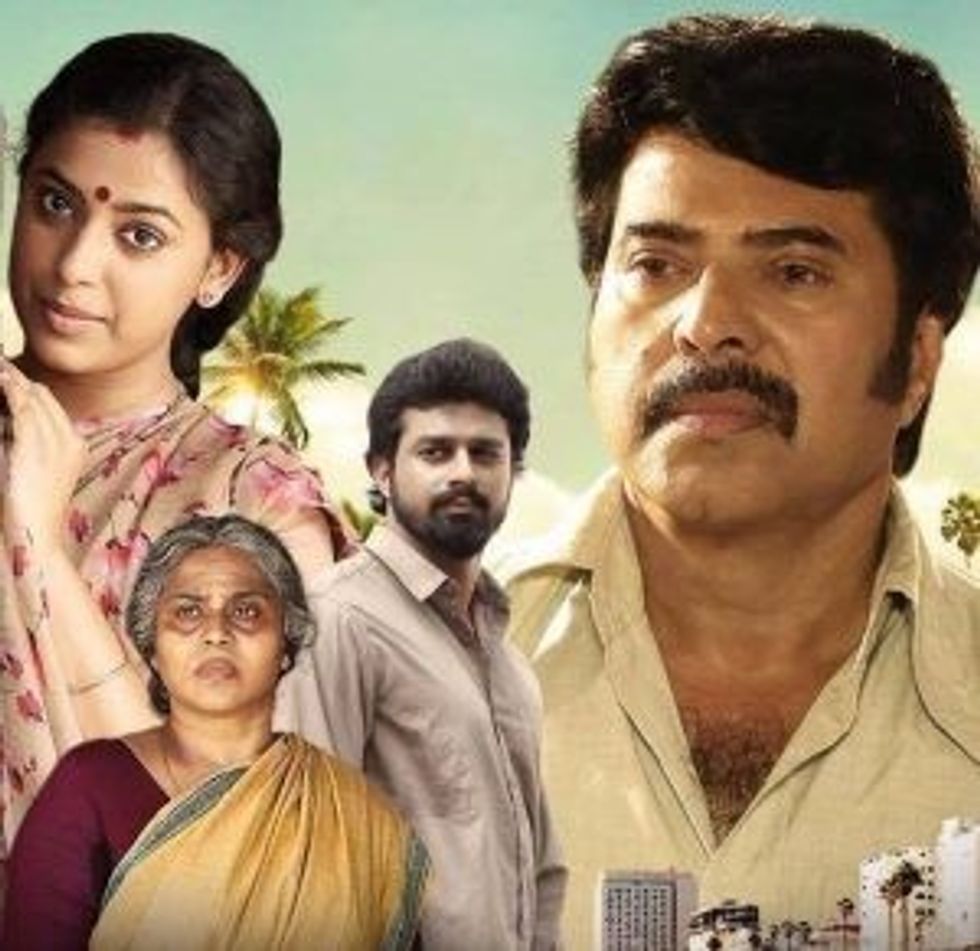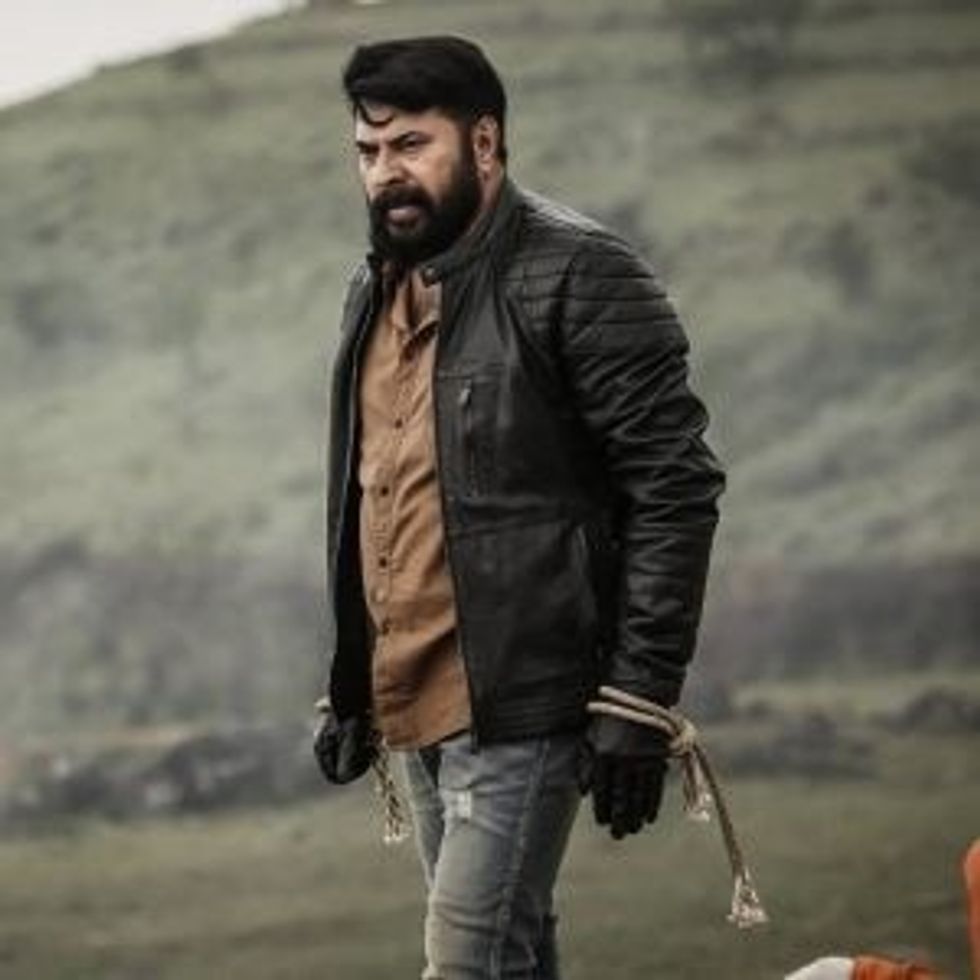MALAYALAM mega-star Mammootty has had a 50-year cinema career filled with more than 400 movies in multiple languages. Born in 1951, he has entertained fans across decades, and they will celebrate him turning a year older on September 7.
To mark his milestone 70th birthday, Eastern Eye put together his top 10 films which have helped define his career, in chronological order. With so many films to choose from, there are many more than can be added to this list.
New Delhi (1987): The neo-noir crime thriller became the highest grossing Malayalam movie at the time and was based on Irving Wallace novel The Almighty. The actor plays an investigative journalist who is wrongly imprisoned and sets out to take revenge after his release in an inventive, yet unexpected way. The super-hit film boasted stand-out performances and would be remade in multiple languages.
Oru CBI Diary Kurippu (1988): The mystery thriller saw Mammootty play a super intelligent CBI officer solving an impossible crime. It became a cult classic and was the highest grossing Malayalam language movie at the time. The movie was so popular that it spawned popular sequels Jagratha (1989), Sethurama Iyer CBI (2004) and Nerariyan CBI (2005), with the actor reprising his role.
Oru Vadakkan Veeragatha (1989): The historical epic is regarded as an all-time classic of Malayalam cinema and is a powerful reinterpretation of legendary warrior Chandu Chekavar’s life. The actor’s takes on the role of a fearless but misunderstood heroic figure, who has a rollercoaster life filled with regret. It won him a prestigious National Award. The powerful drama has regularly been ranked as one of the greatest Indian films ever made.
Amaram (1991): The classic Malayalam drama perhaps doesn’t get the credit it deserves. Mammootty won the Filmfare South Best Actor award for his stunning turn as an illiterate fisherman who dreams of educating his daughter and giving her a better life. Things get complicated when she elopes, and he has to deal with a son-in-law he doesn’t think is worthy of his daughter.
Vidheyan (1994): The actor developed a marvellous working relationship with acclaimed writer-director Adoor Gopalakrishnan, which resulted in some stunning cinematic gems. They followed up the acclaimed Anantaram (1987) and supersuccessful Mathilukal (1989) with this award winning cinematic adaptation of the novella Bhaskara Pattelarum Ente Jeevithavum. The story, which explores the master-slave relationship, won Mammootty another National Award for Best Actor.
Dr Babasaheb Ambedkar (2000): The Hindi-English biopic saw Mammootty play the title role and deliver a stunning performance as the globally renowned social reformer, who helped the downtrodden. He shaved off his trademark moustache and won a third National Award for Best Actor for the period-set film that told the life story of an important figure in history. It had a strong social message and won global acclaim.
Rajamanikyam (2005): The action-comedy became the highest grossing Malayalam movie upon release and was remade in multiple languages. Mammootty showed a marvellous comical side in the story of a wealthy man who returns to a village anonymously to reunite warring siblings. It was another film where he put across an important message that connected strongly with audiences.
Paleri Manikyam: Oru Pathirakolapathakathinte Katha (2009): Mammootty won a Kerala State Film Award for Best Actor for this interesting Malayalam murder mystery based on a novel of the same name. He impressively plays a triple role of characters with distinct personalities. The story set across different time periods revolves around a private detective returning to his birthplace, a village, to solve a murder mystery that occurred on the same night he was born, over 50 years ago.
Pathemari (2015): The interesting period drama received positive reviews right across the board and was on the Indian shortlist for the Academy Awards in the Best Foreign Language Film category, but not submitted. The story revolves around a hardworking man who migrates to the Middle East to earn money so that he can give his family living in India a better life. He soon realises his family values the money he is sending more than him. The story is one that had a theme so many related to.
The Great Father (2017): The Malayalam language thriller revolves around a distraught father who vows to capture and kill a serial child abuser after his daughter is attacked. He races against the police, who are trying to catch the same offender. The actor put everything into the emotionally demanding movie that was a huge commercial success when it released.
